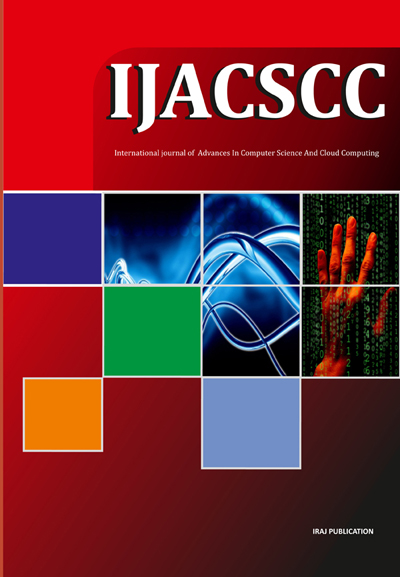Publish In |
International Journal of Advances in Computer Science and Cloud Computing (IJACSCC)-IJACSCC |
 Journal Home Volume Issue |
||||||||
Issue |
Volume-8,Issue-1 ( May, 2020 ) | |||||||||
Paper Title |
Resource Provisioning for Dynamic Requests in Mobile Cloud | |||||||||
Author Name |
Ch. Sudhakar, Sharayu Kurne | |||||||||
Affilition |
Department of Computer Science and Engineering, National Institute of Technology, Warangal, India | |||||||||
Pages |
17-24 | |||||||||
Abstract |
Cloud has the high computation capability while mobile devices have very less computing power and battery life. Mobile devices require resources from the cloud for its high computing operations. The requests from the user are of different types, some are delay-tolerant and some are delay-sensitive. Delay-sensitive requests are required to be executed with less response time. Priority wise scheduling of requests helps to execute high priority requests such as delay-sensitive requests with less delay. Mobile users request resources from cloud, this induces communication delay and causes delay in response. Communication delay is the major issue addressed in order to reduce the overall time required for the delay-sensitive requests. Mobile edge computing is proved to be ideal paradigm for resource provisioning as it reduces the communication delay involved in cloud. The resource provisioning framework with multiple mobile edge clouds, is proposed to minimize the communication and computation delay induced in handling the dynamic requests with priority. Requests are forwarded to the nearest edge cloud followed by request handling using Priority wise virtual machine allocation and Prims algorithm to find the minimum communication delay node. Three different resource provisioning policies network-based, utilization-based and hybrid are designed. The priority wise virtual machine allocation and prims algorithm are used in these policies. These cost-efficient algorithms are used to reduce overall delay in the network and minimize the cost required for the framework. In order to evaluate the proposed algorithms simulation experiments are conducted using EdgeCloudSim tool, considering multiple edge hosts and mobility of users. The results are proved to be more efficient as compared to single edge host and cloud resource provisioning algorithms. Keywords - Mobile Edge Computing, Resource Provisioning, Communication and Computational Delay | |||||||||
| View Paper | ||||||||||